In the last days of July 2025, at many courthouses in An Giang province, the working atmosphere was still busy even though the clock had struck late at night. The sound of scanners running continuously, stacks of marriage and family case files were neatly arranged on the table, waiting for their turn to be entered into the software.
Officials and civil servants who have just finished their professional work during the day sit down in front of the computer screen, their eyes glued to the data, their hands quickly checking each verdict and decision to ensure absolute accuracy. This is a familiar image throughout the 90-day and night campaign to digitize marriage and family case data of the entire two-level court system of An Giang province.
Officers and civil servants of An Giang Provincial People's Court digitize data on marriage and family cases.
Digitizing data on marriage and family cases is not simply putting paper files into the scanner and storing them. This work requires judges, clerks and officers to select the right judgments and decisions with legal effect such as termination of marriage or divorce by mutual consent to enter into the data. Decisions on suspension or judgments that do not accept divorce are not digitized. Before entering data, the files must be reviewed and checked closely for validity and completeness. This is a heavy workload when units have to both handle specialized cases and ensure the progress of digitization according to the plan of the Supreme People's Court .
Chief Justice of the People's Court of An Giang Province Vo Ke Nghiep said: “The digitalization campaign is not only a technical task but also a test of the solidarity and determination of the entire system. Leaders at both levels have directly directed, removed difficulties and mobilized maximum resources to ensure progress and quality. As a result, the whole province has completed the digitization of 89,771 marriage and family case files, of which 87,179 files belong to 15 court areas and 2,592 files belong to the Provincial People's Court. This is a very large number, but all of them were processed according to plan and requirements, creating an important foundation for the digital transformation roadmap of the court sector.”
Those dry numbers are the result of thousands of hours of non-stop work, the sweat of officials and civil servants when they are stretched with two tasks at the same time: solving professional work and racing with the digitalization progress.
At the People's Court of Region 4, Chief Justice Truong Thanh Toan said: "The unit mobilized all staff, including overtime, to arrange files and scan continuously. We rented additional machines and took advantage of all available equipment to speed up the process. Within a month, the unit completed digitizing 4,120 files and sent judgments and decisions to the People's Committees of communes, ensuring accuracy and timeliness."
Officials and civil servants of the People's Court of Region 3 (An Giang province) focused on reviewing, arranging and digitizing marriage and family case files.
At the People's Court of Region 7, the workload is equally large. Chief Justice Dinh Tran Mong Thuy said: “The volume of files that must be digitized is 5,712 cases, spanning from 2010 to May 31, 2025. With a spirit of urgency and determination, in just 29 days, the unit completed all the files, reaching 100% of the target ahead of schedule. Outside of administrative working hours, officers and civil servants took advantage of evenings and holidays to focus on this task. Everyone identified this as an important, urgent task and must be completed soon.”
There were also many difficulties in the process of implementing the digitization task. Archived records for many years were yellowed, moldy, and blurred, making the scanning process difficult. Data entry software sometimes froze, processing speed was slow, and internet connection was unstable. Many old devices and machines had to run continuously, leading to damage, requiring staff to work and find ways to fix them at the same time. Pressure, large workload, and urgent time all created a double challenge that the team of people working in the court had to overcome.
Officials and civil servants of the People's Court of Region 9 (An Giang province) digitize marriage and family case files.
However, with the close direction of the leadership, the sense of responsibility and perseverance of each cadre and civil servant, the campaign ended with remarkable results. Nearly 90,000 records were cleaned, marriage and family data was digitized completely, accurately, and legally. More importantly, it is a testament to the organizational capacity, consensus and spirit of overcoming difficulties for the people of the An Giang provincial court system.
The 90-day campaign to digitize data on marriage and family cases has left many valuable lessons about the determination in leadership, flexibility in organization and especially the dedication of the staff and civil servants. The results do not stop at numbers but also contribute to creating an important shift in judicial reform, shortening administrative procedures, making information transparent, and ensuring the legitimate rights of citizens. That is a strong mark affirming the determination to digitalize the two-level people's court of An Giang province, towards a modern judiciary, close to the people and for the people.
Article and photos: TAY HO
Source: https://baoangiang.com.vn/no-luc-so-hoa-ho-so-an-hon-nhan-va-gia-dinh-a426671.html


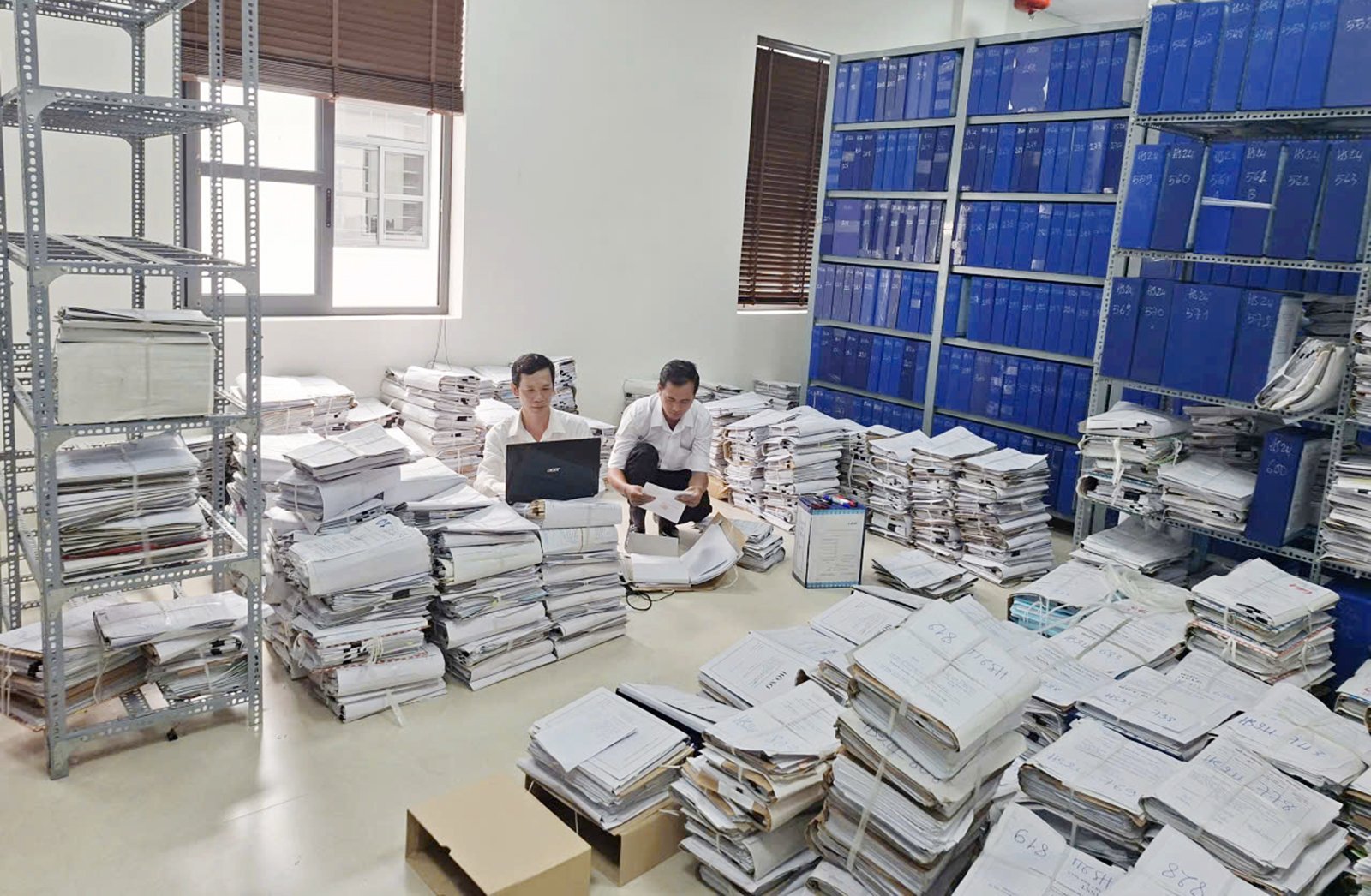
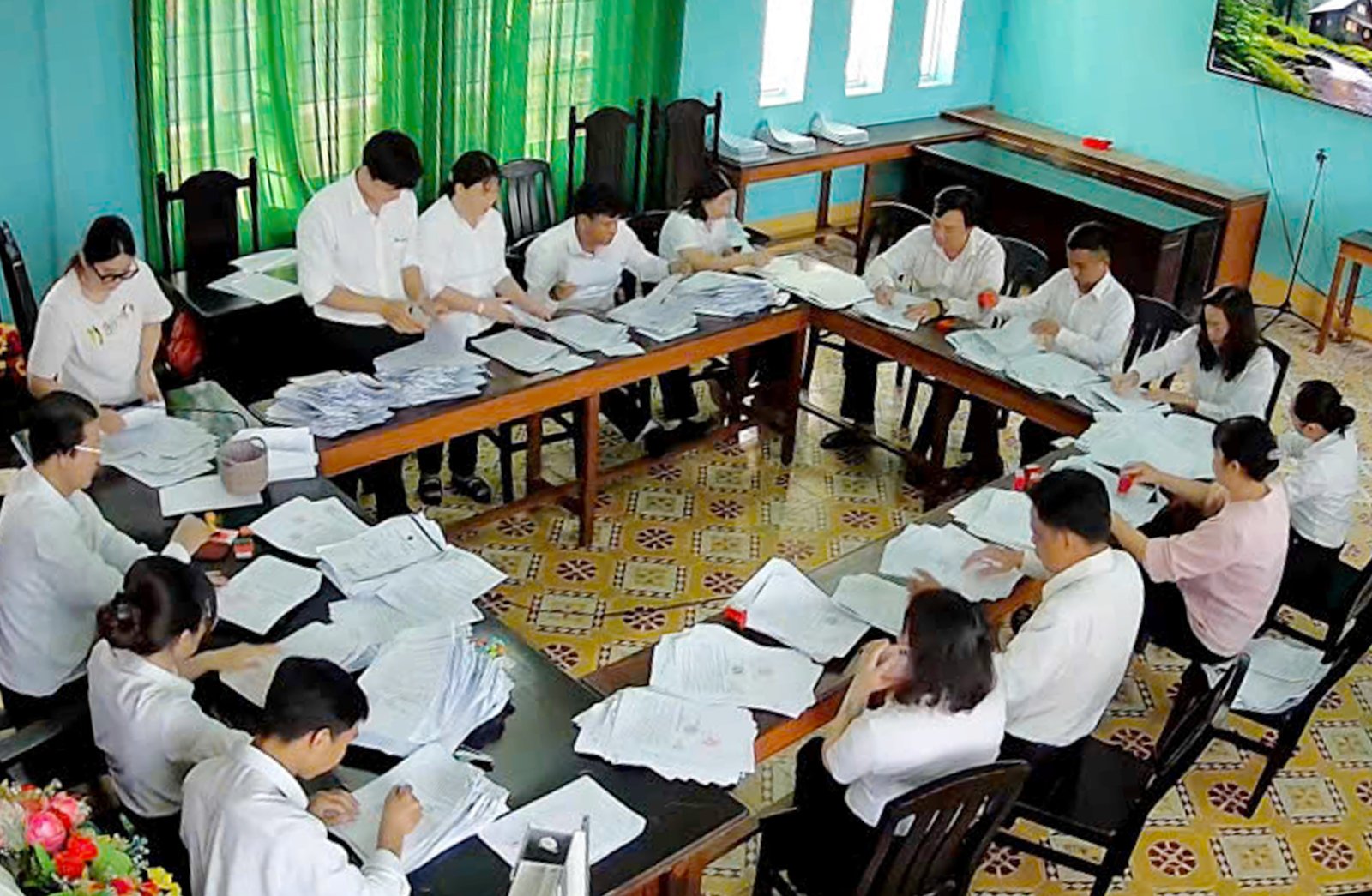

![[Photo] General Secretary To Lam receives President of the Senate of the Czech Republic Milos Vystrcil](/_next/image?url=https%3A%2F%2Fvphoto.vietnam.vn%2Fthumb%2F1200x675%2Fvietnam%2Fresource%2FIMAGE%2F2025%2F11%2F21%2F1763723946294_ndo_br_1-8401-jpg.webp&w=3840&q=75)
![[Photo] National Assembly Chairman Tran Thanh Man holds talks with President of the Senate of the Czech Republic Milos Vystrcil](/_next/image?url=https%3A%2F%2Fvphoto.vietnam.vn%2Fthumb%2F1200x675%2Fvietnam%2Fresource%2FIMAGE%2F2025%2F11%2F21%2F1763715853195_ndo_br_bnd-6440-jpg.webp&w=3840&q=75)

![[Photo] Visit Hung Yen to admire the "wooden masterpiece" pagoda in the heart of the Northern Delta](/_next/image?url=https%3A%2F%2Fvphoto.vietnam.vn%2Fthumb%2F1200x675%2Fvietnam%2Fresource%2FIMAGE%2F2025%2F11%2F21%2F1763716446000_a1-bnd-8471-1769-jpg.webp&w=3840&q=75)
![[Photo] President Luong Cuong receives Speaker of the Korean National Assembly Woo Won Shik](/_next/image?url=https%3A%2F%2Fvphoto.vietnam.vn%2Fthumb%2F1200x675%2Fvietnam%2Fresource%2FIMAGE%2F2025%2F11%2F21%2F1763720046458_ndo_br_1-jpg.webp&w=3840&q=75)

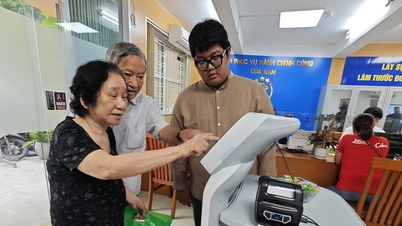










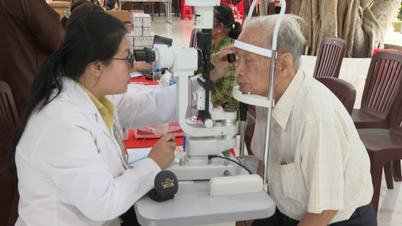



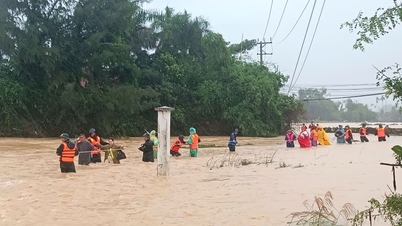








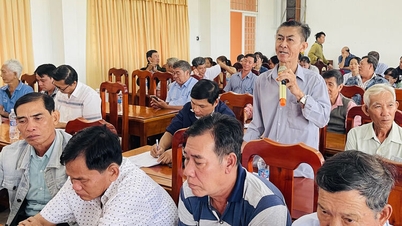































































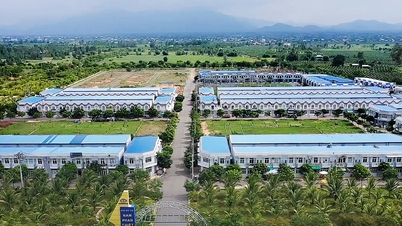
















Comment (0)